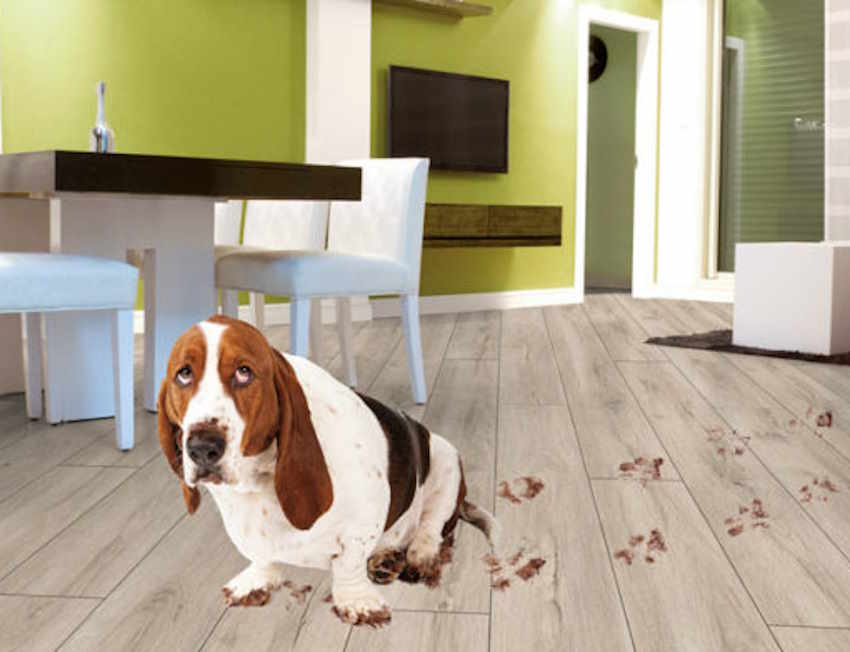A vinyl flooring material with a hard core.
What is SPC flooring?
SPC is an abbreviation for Stone Plastic Composite, (sometimes called Solid Polymer Core). It a flooring material composed of several pressed and bonded together layers with a unique core composition of approximately 60% calcium carbonate (limestone), polyvinyl chloride, and plasticizers. The combination results in a thin, yet exceptionally dense, core.

The decorative layer is what gives the flooring its finished appearance and allows for a timber effect, a stone effect or anything else the manufacturers come up with. The transparent layer offers wear protection and the top UV coating helps to minimise fading. The rigid pvc layer is the core which gives the product rigidity and strength.
SPC flooring is designed to be tough and hardwearing so is great for areas in the home which see a lot of footfall and the waterproof* properties make it ideal for bathrooms and kitchens.
Is SPC flooring a good option?
For areas where moisture is present SPC offers a stable, long lasting floor. It is scratch and wear resistant and with proper care and maintenance it could last in excess of 20 years.
On the plus side SPC floors are tough and durable as well as waterproof* so ideal for splash-prone areas. They are easy to lay and simple to maintain and also because of the rigid core are suitable for installation over existing tiles or any hard floor even if not completely smooth.
Any downsides to SPC flooring?
The SPC is a more rigid material than other vinyl products so can feel a bit harder and less comfortable underfoot. The rigid core does not retain heat as well as some other products so an SPC floor can feel cooler than some other vinyl.
How does SPC flooring compare with other options?
SPC flooring is a great choice for a domestic kitchen or bathroom. Other vinyl floors such as LVT (Luxury Vinyl Tile) are also waterproof* but the SPC has a tougher more resilient surface making it harder wearing.
Some other vinyl surfaces will offer a more comfortable feeling underfoot and may feel warmer.
SPC can cost a bit more than other vinyl options.
SPC is much easier to install than a ceramic or porcelain floor and will cost less than many porcelain options.
Maintenance of SPC is simple although multi purpose cleaners are not recommended and anything containing bleach, chlorine or ammonia should not be used. Mostly these cleaning agents will not harm a ceramic or porcelain tile.

Care and maintenance
To maintain its exquisite appearance, proper upkeep of your SPC floor is essential. Contrary to common belief, SPC floors require minimal maintenance. For daily cleaning a dry cloth can help prevent streaks and vacuuming weekly makes floor cleaning a breeze!
For some more stubborn dirt a slightly damp cloth or floor mop might be needed but only use a cleaning agent designed and recommended for SPC flooring. Always refer to the manufacturer's instructions, multi-purpose cleaners will dull the flooring and fade the colour through time.
Avoid bleach and cleaning agents containing chlorine.
Steam mops are not recommended.
* Waterproof can be interpreted in many ways. The meaning here is than the actual SPC tiles or planks will not be damaged by water, but it is important to understand that water can penetrate the joints. Therefore it is important to quickly wipe up any spills, and in the bathroom do not let water drops or puddles lay on the floor, wipe them up as soon as possible. With common sense and reasonably care you will not have issues.

